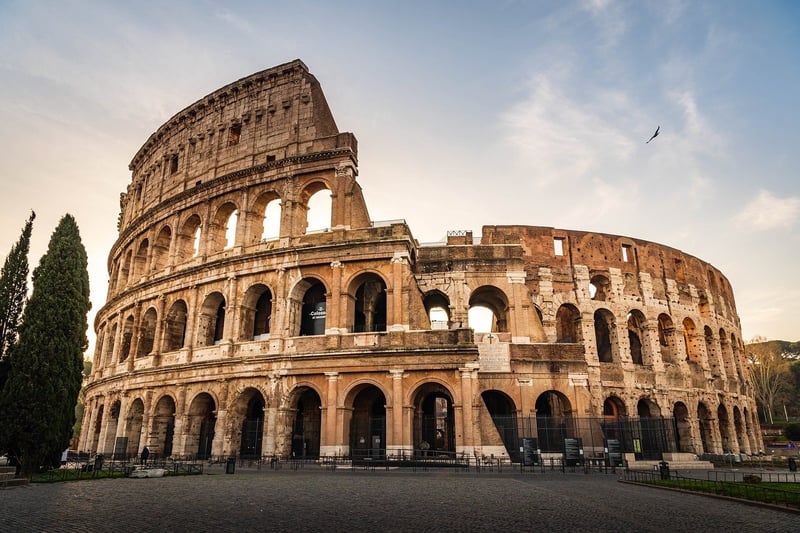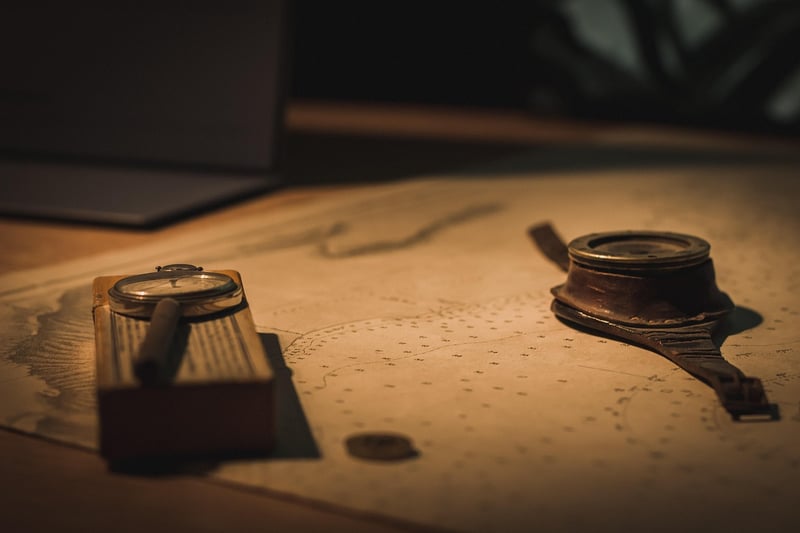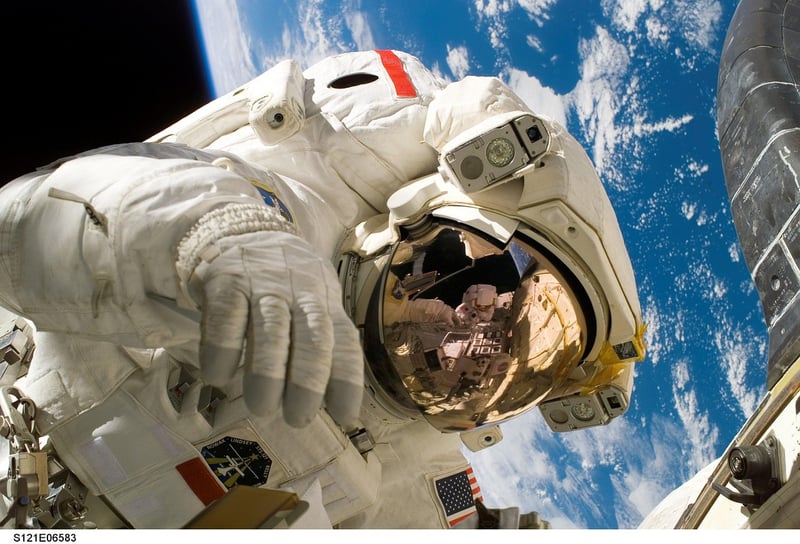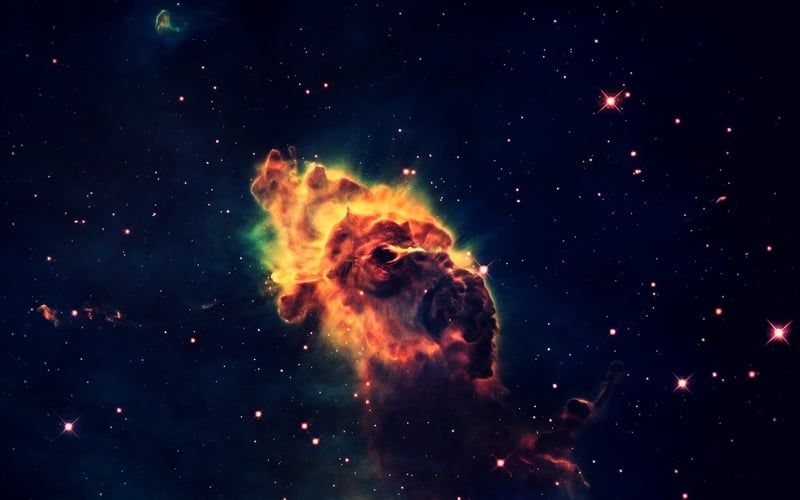Future Exploration
The Evolution of Exploration: From Ancient Times to the Future
Ancient Exploration
Exploration has been a fundamental aspect of human history, dating back to ancient times when civilizations ventured into the unknown. From the seafaring voyages of the Phoenicians to the land expeditions of the Silk Road, ancient exploration laid the foundation for future discoveries.

Age of Discovery
The Age of Discovery in the 15th to 17th centuries saw a surge in exploration as European powers embarked on maritime expeditions to find new trade routes and lands. Explorers like Christopher Columbus, Vasco da Gama, and Magellan opened up new frontiers, leading to the global exchange of cultures, goods, and ideas.

Modern Exploration
In the modern era, exploration expanded beyond Earth as humans journeyed into space. The Space Race between the United States and the Soviet Union culminated in the first manned moon landing in 1969, marking a significant milestone in space exploration.

Future Exploration
Looking ahead, the future of exploration holds exciting possibilities. Advancements in technology, such as robotics, artificial intelligence, and space telescopes, are revolutionizing how we explore the cosmos. Missions to Mars, asteroid mining, and deep-sea exploration are on the horizon, promising new discoveries and insights into the unknown.

Conclusion
Exploration has always been a driving force for human progress, pushing the boundaries of knowledge and expanding our understanding of the world and beyond. From ancient adventurers to modern astronauts, the spirit of exploration continues to inspire us to reach for the stars and explore the unknown.
Are you ready to embark on your own journey of discovery?
